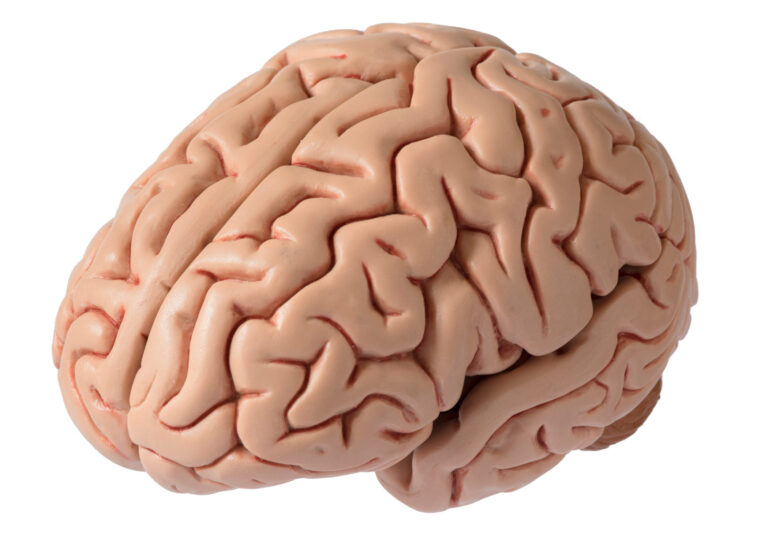Dementia is a neurological condition that affects millions of people worldwide, with a new person developing the disease every three seconds. It is a progressive disorder that causes memory loss, changes in behavior, and difficulty in performing daily tasks. While there is no known cure for dementia, various treatments and therapies can help manage the symptoms.
One factor that can significantly affect the symptoms of dementia is the change of seasons. Seasonal changes, such as temperature, weather, and daylight hours, can impact the brain’s function and behavior, leading to an increase or decrease in dementia symptoms.
Winter:
As the temperatures drop and daylight hours decrease during the winter months, people with dementia may experience changes in their behavior and mood. The decrease in sunlight can disrupt the body’s internal clock, also known as the circadian rhythm, which regulates sleep patterns and can affect mood and cognitive function.
In addition to the lack of sunlight, winter is also associated with a higher rate of infections, such as the flu and colds. For people with dementia, these infections can worsen their cognitive impairment and lead to an increase in confusion and agitation.
Moreover, the winter season often brings changes in routine, such as family gatherings and holiday celebrations. These disruptions can be challenging for individuals with dementia, causing them to feel overwhelmed and anxious.
Tips for managing winter-related dementia symptoms:
1. Ensure proper lighting: As daylight hours decrease, it is crucial to have ample lighting in the house to reduce disorientation and confusion. Consider using natural light bulbs or installing additional light fixtures to brighten up the space.
2. Stick to a routine: Maintaining a consistent daily routine can help individuals with dementia feel more organized and secure during the winter months. Try to keep mealtimes and bedtime consistent to reduce confusion and anxiety.
3. Stay warm: People with dementia may have difficulty regulating their body temperature, making them more susceptible to colds and infections. Dress them in warm layers, keep the house at a comfortable temperature, and encourage them to drink warm fluids.
Spring:
As spring arrives, the days get longer, and the temperatures start to rise. For people with dementia, this change can bring about a sense of renewal and rejuvenation. The increase in sunlight can help regulate the body’s internal clock, improving sleep patterns and reducing mood swings.
However, springtime also means allergies and an increase in pollen in the air, which can cause respiratory problems for individuals with dementia. These issues can lead to a decrease in cognitive function and an increase in agitation and confusion.
Tips for managing spring-related dementia symptoms:
1. Keep windows closed: While letting fresh air into the house is essential, keeping windows closed can help minimize exposure to allergens and pollutants that can worsen respiratory problems.
2. Plan outdoor activities: Taking a walk or spending time outside can be beneficial for individuals with dementia during spring. It provides an opportunity to enjoy the warmer weather while also getting some physical activity.
3. Stay hydrated: As temperatures rise, it is crucial to keep individuals with dementia well hydrated. Encourage them to drink water throughout the day to prevent dehydration, which can worsen symptoms of confusion and disorientation.
Summer:
The summer months bring long days, warm temperatures, and plenty of opportunities for outdoor activities. For people with dementia, this can be a challenging time, as high temperatures can lead to dehydration and heatstroke. Additionally, the increased daylight hours can disrupt sleep patterns and cause agitation and restlessness.
Moreover, summer is a popular time for vacations and travel, which can disrupt the daily routine of individuals with dementia. This change in routine can lead to confusion and anxiety.
Tips for managing summer-related dementia symptoms:
1. Stay cool: It is crucial to keep individuals with dementia cool during the summer months. Set up a fan or air conditioner in their room and encourage them to stay hydrated by drinking plenty of fluids.
2. Schedule outdoor activities in the morning or evening: The hottest part of the day is usually between 10 am to 4 pm. Plan outdoor activities, such as walks or picnics, in the early morning or evening when temperatures are cooler.
3. Stick to a routine: Summer vacations and travel can be exciting, but for individuals with dementia, it can cause stress and confusion. Try to stick to a routine as much as possible to reduce any disruptions.
Fall:
As the leaves change color and the temperature drops during fall, individuals with dementia may experience changes in their behavior and mood. The decrease in daylight hours can disrupt the body’s internal clock, leading to changes in sleep patterns and increased confusion.
Moreover, fall is also associated with colder temperatures and the start of cold and flu season. These infections can worsen symptoms of dementia, leading to increased agitation and irritability.
Tips for managing fall-related dementia symptoms:
1. Create a fall-friendly environment: As daylight hours decrease, ensure that the house is well lit to reduce confusion and disorientation. Consider using light therapy lamps to mimic natural light and regulate sleep patterns.
2. Encourage physical activity: The cooler temperatures during fall make it an ideal time for outdoor activities such as gardening or taking a walk. Physical activity can improve mood and cognitive function.
3. Get a flu shot: Individuals with dementia are more susceptible to respiratory infections like the flu. Getting a flu shot can help prevent these infections and reduce the risk of worsening dementia symptoms.
In conclusion, seasonal changes can significantly affect individuals with dementia, leading to changes in behavior, mood, and cognitive function. It is essential to understand these changes and take necessary precautions to manage symptoms throughout the year. By following the tips mentioned above, you can help your loved one with dementia navigate seasonal changes and improve their overall well-being. Remember to consult with a healthcare professional for personalized advice and support in managing dementia symptoms.




